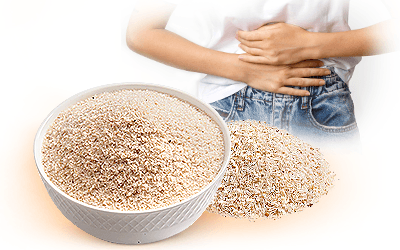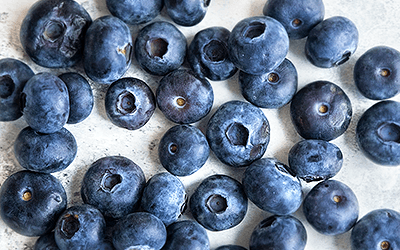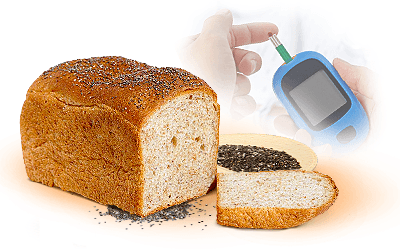Grapes have long been more than just a delicious fruit. As modern nutrition shifts toward functional foods, grapes have captured scientific interest due to their high content of bioactive compounds known as polyphenols. These naturally occurring plant chemicals are not only responsible for the vibrant colors and flavors in grapes, but they also offer promising health benefits. Researchers are now connecting these compounds to better heart health and improved blood sugar management, two pressing concerns in today's health landscape.1
The Study
Over the past decades, numerous studies have examined the effects of grape polyphenols on cardiovascular health and diabetes, particularly those found in red grapes, grape juice, and grape seed extract. French researchers from the University of Bordeaux have explored everything from blood pressure and cholesterol to inflammation and insulin sensitivity. Forty-four clinical trials and publications involving both healthy individuals and those with risk factors such as metabolic syndrome or type 2 diabetes have been central to this extensive scientific review
The Results
What stands out from the research is how grape polyphenols affect multiple aspects of heart and metabolic health. In people with prehypertension or mild hypertension, grape seed extract was shown to lower systolic blood pressure by up to 11 mm Hg.
Other studies reported improvements in cholesterol levels, namely lower LDL (“bad” cholesterol), increased HDL (“good” cholesterol), and reduced triglycerides.
When it comes to oxidative stress and inflammation, grape polyphenols helped lower damaging oxidized LDL levels and inflammatory markers like C-reactive protein.
A few studies even noted improved insulin sensitivity and reduced fasting insulin levels, especially with dealcoholized red wine and resveratrol-rich supplements.
What Does this Mean?
These findings of this scientific review offer practical insight into how grapes can help improve heart health and diabetes management. Although they're not a replacement for medications or medical treatment, adding grapes or grape-based products, like unsweetened juice or grape seed extract, to your routine may complement other healthy habits. For best results, they should be consumed regularly and as part of a broader nutrient-rich diet.
While factors such as dosage, product type, and individual health conditions also play a role, grape polyphenols offer a promising, food-based ally for those managing blood sugar or heart health. Similarly, polyphenol-rich options like blueberries, green tea, and cacao share heart-protective and anti-diabetic properties.
Sources
- Molecules, Grape Polyphenols’ Effects in Human Cardiovascular Diseases and Diabetes, 2017
Footnotes:
- Journal of Food Biochemistry. (2022). Health benefits of polyphenols: A concise review. Retrieved March 25, 2025, from https://pubmed.ncbi.nlm.nih.gov/35694805/




